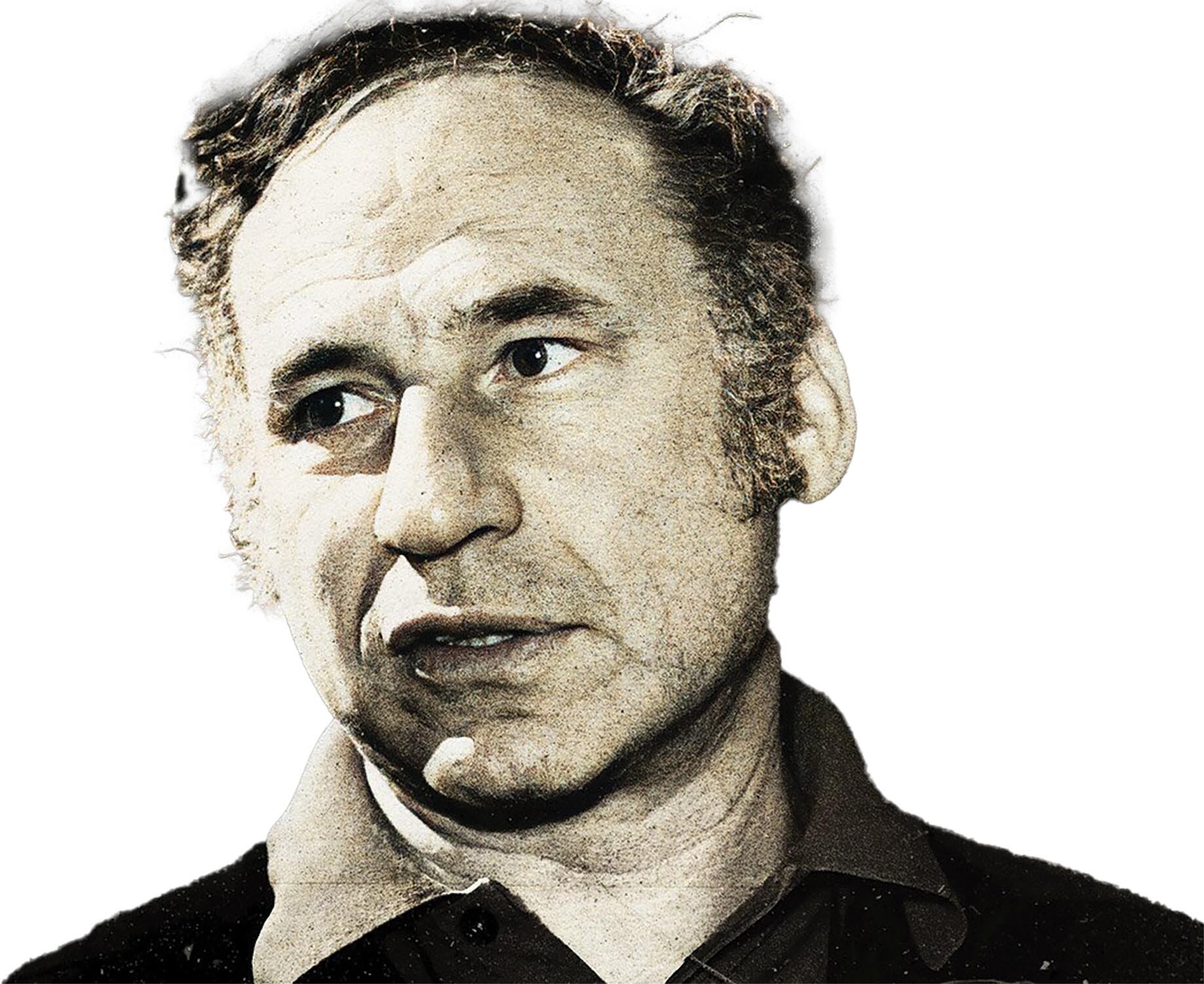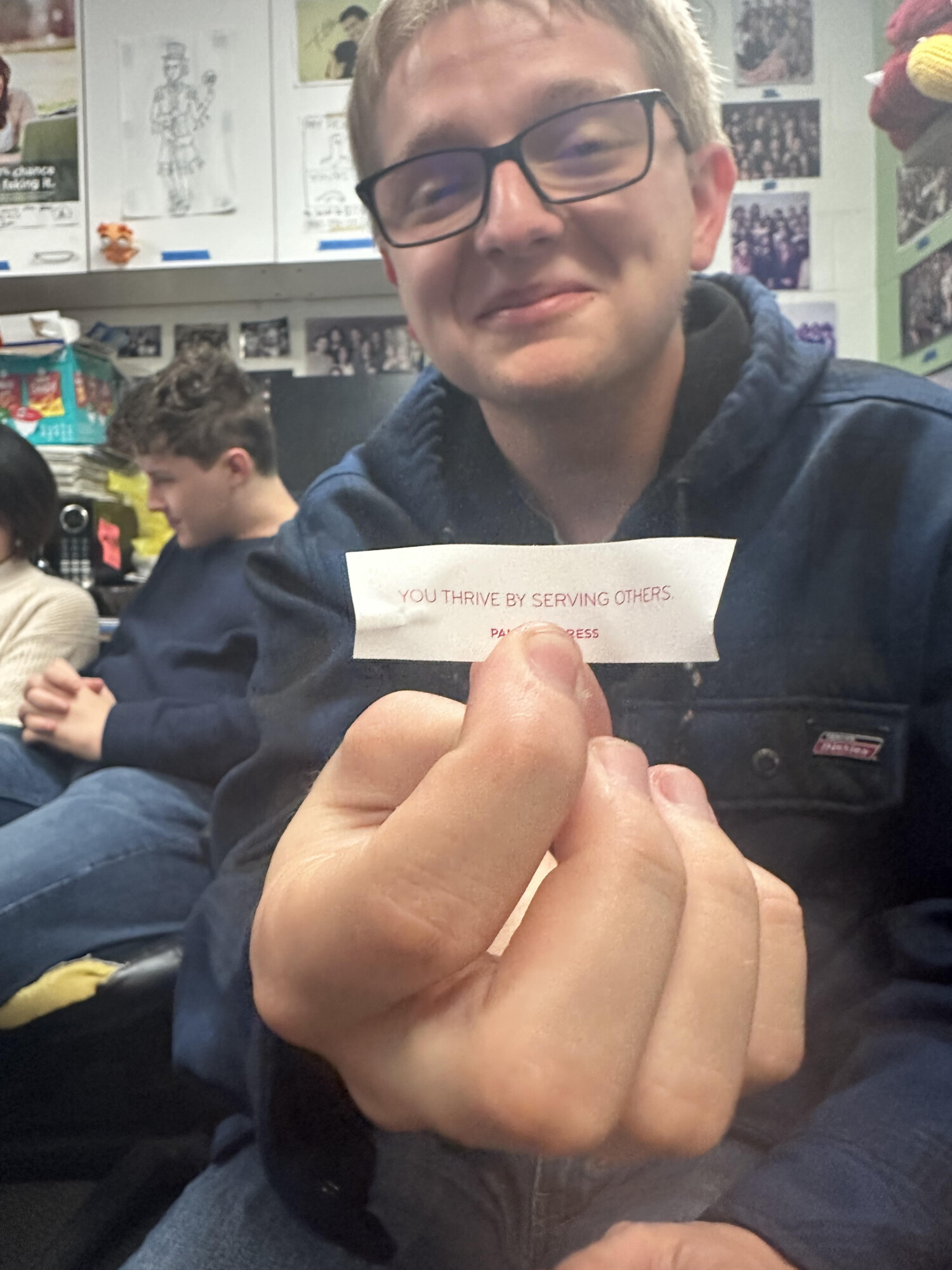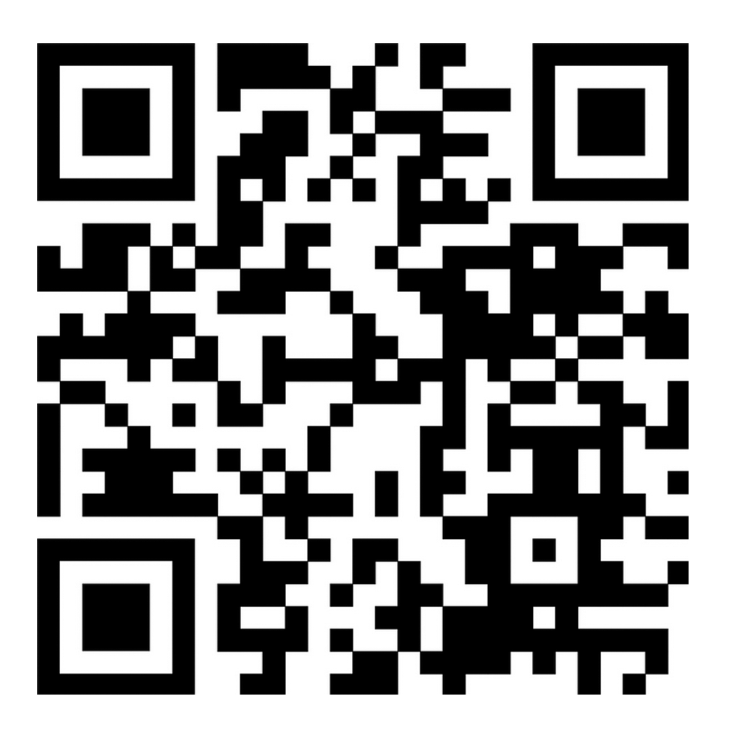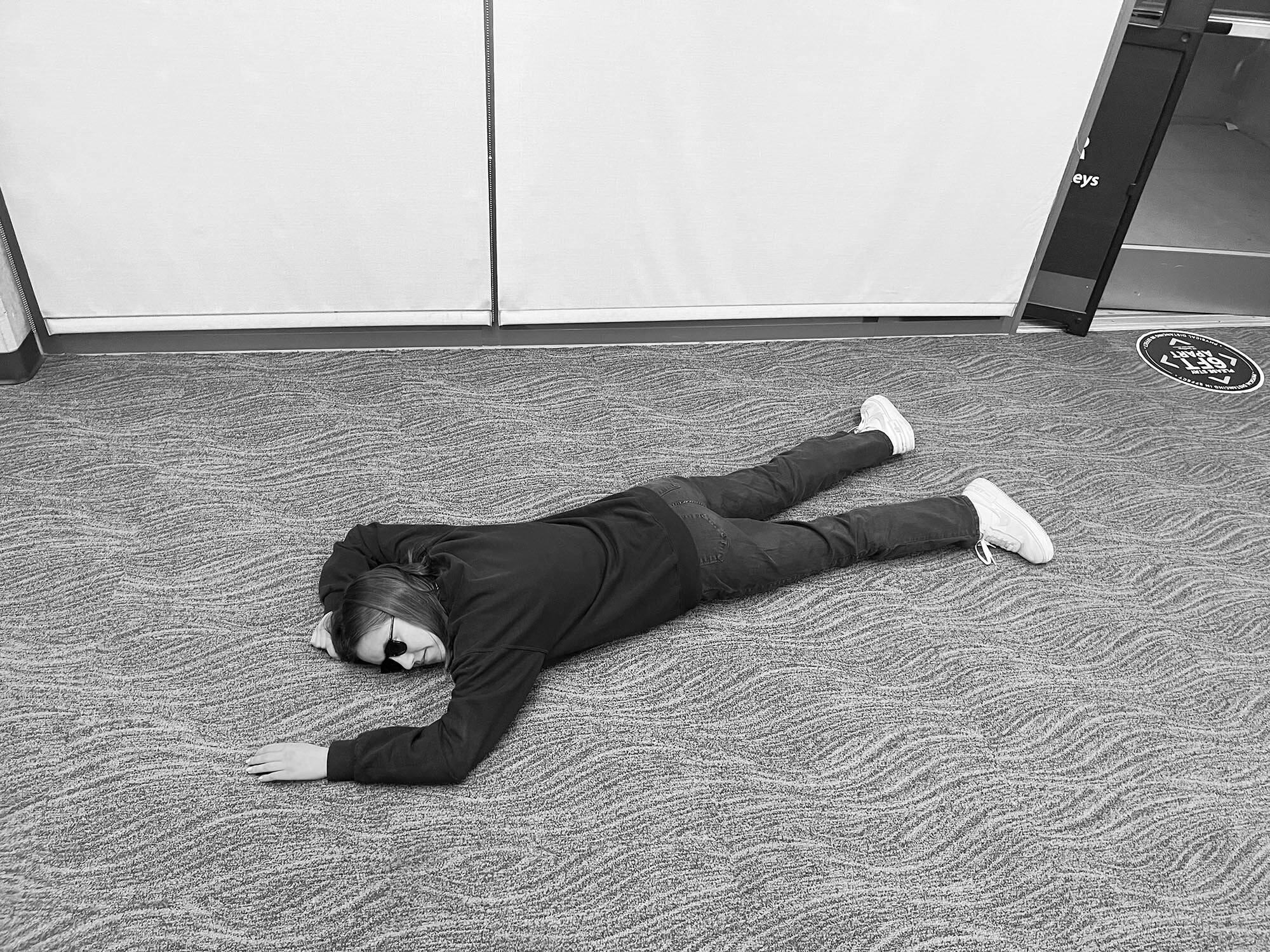
“Reminds me of when I was in the cervix, I mean service,” recalls one veteran.
Photo by Chiara Ng
In a recent interview, former President George W. Bush reflected on his military accomplishments, from the exciting climaxes to the dismal lows during his tenure as Commander-in-Chief of the American military-industrial complex.
“I awoke feeling sweaty and nervous on the morning of October 8, 2001,” said Bush. “I knew I’d made a mistake the night before, a mistake that would cost America the next twenty years.” When asked if it was the pervasive sense of fear and hyperpatriotism that created the nationalistic monolith of a newly isolationist America, or the millions of lives lost, and billions of lives altered by the “war on terror,” Bush replied, “Wait, what? What? No, I invaded Afghanistan without wearing protection.”
UCSD history major John Ellis explained, “As everyone learned in school, the history of wars in the Middle East is short and totally justified, but just to recap: The United States invaded Afghanistan in 2001 with little to no exit strategy in an attempt to find and eliminate Osama bin Laden, and had stayed to mansplain democracy to the entire nation. But these people didn’t understand peace, so we literally had to send our armies to them to explain. It was the only way.”
Ellis continued, “Everything came to a head when the September 11th attacks on the World Trade Center happened. All that foreplay of the Cold War brought with it the uprising of mysteriously well-funded terrorist groups, and as the Soviet Union crumbled, Afghanistan edged closer and closer to an eruption… of violence. Afghanistan’s implementation of a U.S. backed leader was also accompanied by the identification and extraction of Osama Interrelated Liquid (OIL) after the mastermind behind the invasion, former Vice President Dick Cheney, had announced the focus on extracting OIL in order to revitalize the struggling fossil fuels industry.”
Bush felt similarly, stating, “Dick was incredibly strategic in how and when he entered Afghanistan. He understood more than anyone the importance of having a strong economy,” before quickly adding, “Oh, and stopping terrorism, of course.” These actions all amounted to a 20-year occupancy in Afghanistan that totaled two trillion dollars and an incalculable number of human lives. Withdrawal efforts began in 2014 when President Barack Obama announced a significant reduction of U.S. Navy troops stationed in Afghanistan. This significant drop in seaman count eventually resulted in a plan for total withdrawal by September 11th, 2021, but President Joe Biden recently announced that plans were ahead of schedule in what one staffer called “an unfortunate pre-evacuation.”
The ethical implications of this withdrawal are highly debated by politicians and philosophers alike, with many noting the new vulnerability of Afghan people who aided American invasion efforts. But these concerns, according to BYU philosophy Professor Dr. Craig Smith, are not America’s responsibility whatsoever. “It doesn’t really count as imperialism if the nation doesn’t move around too much during their occupation,” said Smith in an interview. Similar sentiments are reflected by many Americans as well. According to a poll, 68% of Americans believe the United States has no responsibility to take care of Afghan refugees, with many saying, “Maybe they shouldn’t have been there in the first place.” Afghan contractors, along with countless Afghan people in general, now find themselves vulnerable to persecution from the Taliban as it reasserts control over the nation, but most Americans are just “happy the military K-9 unit made it out alright.”
America’s withdrawal from Afghanistan marks the beginning of the end to the wars in the Middle East, and with two trillion dollars spent on the invasion, the occupancy, and the withdrawal, hopefully at the close of it all the United States can spare some change for a Plan B.











